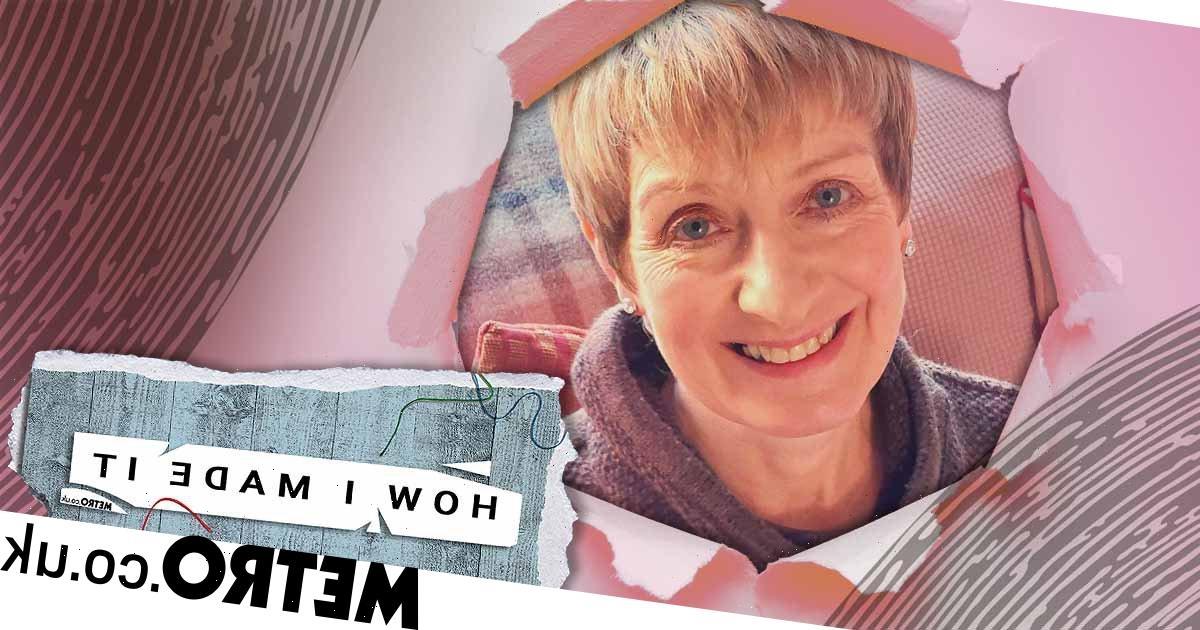Welcome back to How I Made It, Metro.co.uk’s weekly career journey series.
The week we’re speaking with Sally Swift, laboratory manager at The Institute of Cancer Research, with a specialism in breast cancer.
She led the lab that discovered the life-changing BRCA2 gene in 1995, which revolutionised the world of cancer research, saving countless lives.
Recently, Sally and her team of research pioneers were honoured with two commemorative plaques from global science company abcam, to celebrate the landmark discovery.
The 60-year-old has dedicated her life to breast cancer research, breaking ground over the decades.
Here’s how she made such an important career for herself.
Hey Sally. What made you want to get into science?
I always wanted to do a job that would help people. Initially I wanted to go into nursing but my dad told me I was too sensitive.
I thought medical research might be another way to fulfil this ambition
and as it turned out I was right.
How did your career journey begin?
I graduated from Brunel University with a degree in Biochemistry in 1985 which enabled me to get a job as a technician at The Institute of Cancer Research.
Nearly 38 years later I am still here.
What training have you done?
For the first 20 years at the ICR I was based in the labs performing experiments.
All my training in Molecular Biology came from my boss, Professor Alan Ashworth, and from other colleagues in the team.
Science is very much a team job – new ideas and techniques are constantly being shared and improved.
How did you become a lab manager?
Having spent over 20 years at the bench, it was a natural transition to the Lab Manager role.
Alan suggested I apply and I was thrilled to be offered the job.
All those years in the lab gave me an excellent insight into what support the scientists need do their research.
How did you get involved in the discovery of the BRCA 2 gene?
I was part of a large team who were working on many projects that aimed to better understand and find new ways to treat cancer.
When Professor Alan Ashworth, my boss and the leader of our lab, asked me to get involved in the BRCA2 work I was both excited and flattered to be part of such an ambitious project that could potentially make a difference to so many people.
What it is, for people who’ve not heard of it?
BRCA1 and BRAC2 are genes that we all carry. These genes normally protect us against cancer.
But if you inherit mutations of these genes – ‘faulty’ versions that don’t work as they should – this increases your risk of developing certain types of cancer, particularly breast cancer, but also ovarian, fallopian tube, prostate, pancreatic, lung and skin cancers.
How did it feel when your lab made the discovery?
Proud, relieved, and excited for what it could mean to people affected by BRCA2.
An average day in the working life of Sally Swift
9am: Arrive at work. Sally will do a quick run around the labs to make sure none of the essential equipment, such as freezers which house precious samples and reagents, failed during the night.
9.30am: She enjoys a cappuccino while checking emails.
10am-12pm: Meetings, problem solving in the lab, and hosting engineers.
12pm-1pm: Lunch at the desk.
1pm-5pm: Sally works reactively here depending on what’s needed, from offering advice about Health and Safety issues to meeting with representatives from life sciences companies to discuss new equipment.
5pm: Time to call it a day, unless anything has cropped up at the last moment.
What have you gone on to do since?
The team went on to discover drugs that could target patients with breast cancer caused by the BRCA2 mutation.
This means we now have drugs which can specifically exploit the biology of a
BRCA2 mutation to halt cancer growth, extend the lives of people with advanced breast cancer, and help prevent cancer coming back after patients have received their initial treatment.
I’ve supported this work behind the scenes, ensuring scientists have everything they need to carry out their lifesaving research.
What do you love most about your job?
Enabling the scientists. I work with scientists from all levels – PhD students all the way up to world-leading professors.
I deal with the day-to-day problems they face both in the lab, but also as a wellbeing advisor, my door is open to listen to any other problems they are having in their lives. I am a bit of an Aunty Sally.
What do you dislike the most?
I can find it hard to switch off. I am a bit of a worrier.
How I Made It
Do you have an interesting job or career journey?
Email [email protected] to share your story for How I Made It.
Source: Read Full Article


